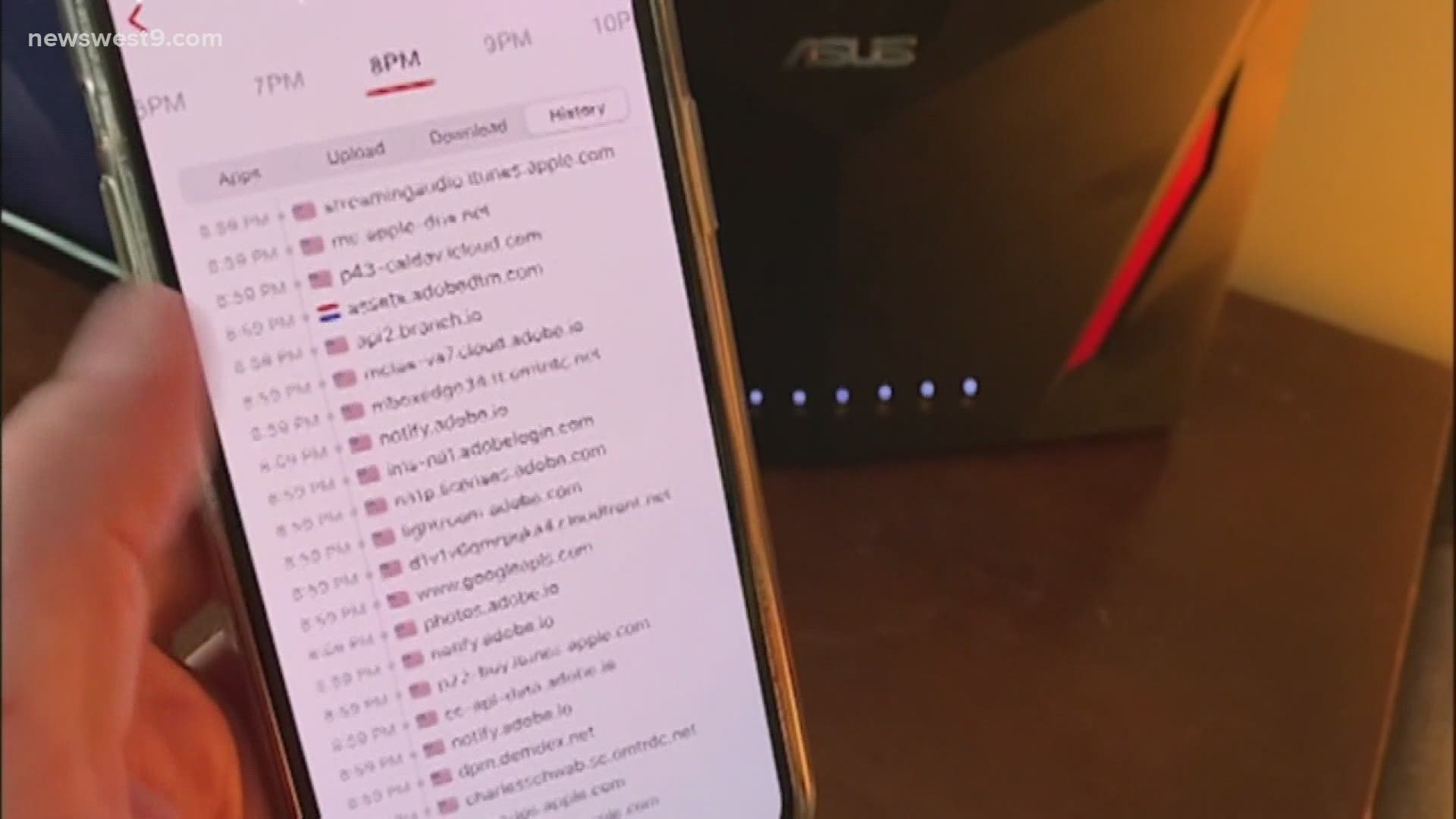MIDLAND, Texas — The majority of students will start school online this year, and while they may be safe from COVID-19 at home, they may not be safe from cyber attacks.
Hackers and predators may take this opportunity to steal personal information.
How can students and schools keep their information safe?
"The school district should coordinate with their IT staff and the network security folks and create a plan as to how to mitigate these types of risks because if someone sends a link and it's extremely vulnerable, that can create a back door to the network or actually gain access to the network," Tomas Armendariz, an FBI computer scientist said.
These risks include video bombing and email phishing. They are becoming bigger threats with more people moving online.
"The hackers are now going to use other techniques such as email phishing. So what they can do now or what they’re going to attempt to do is to spoof an email address, make it seem like it’s coming from the school district and trick the parent or the student to click on a malicious link," Armendariz said.
Those who've been victims of these malicious attacks are encouraged to contact the FBI or file a report with IC3.gov.
Armendariz said this is a good way to file complaints because the FBI gets assigned those cases that come up as a result of the complaints.
For parents who want to mitigate these risks themselves, there is software that can whitelist and blacklist specific websites for their children.
"Anything that’s got certain keywords that a parent wants to identify as malicious, they can insert those and kind of filter out all the bad websites," Armendariz said.

